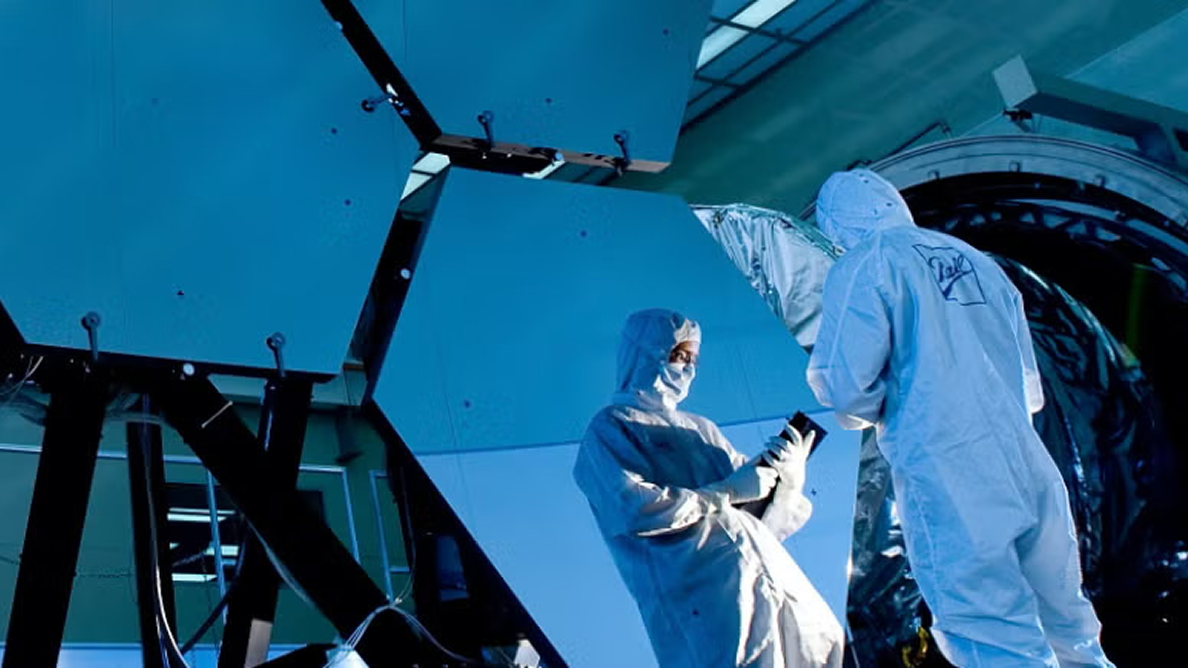FOR CDE NUS RESEARCHERS
Frequently Asked Questions (FAQ)
Ethics Review of Human Research
At College of Design and Engineering (CDE), NUS, all student and faculty research involving human subjects as research participants or human tissues/cells/data must be subject to ethics review by either the NUS Institutional Review Board (NUS IRB) or the CDE Ethics Review Committee (CDE ERC).
The CDE ERC can only review research that meets the necessary requirements e.g., involves no more than minimal risk to participants; does not fall under the Human Biomedical Research Act (HBRA); does not involve any testing of a medical device or health product as defined in the Health Products Act (HPA); etc. Kindly note that all research which cannot be reviewed by the CDE ERC should be submitted to the NUS IRB for review. Please refer to the CDE ERC website and the DERC section of the NUS IRB website for more information on the research that qualifies for ethics review by the CDE ERC.
The NUS-IRB defines “research” as “any systematic investigation with the intention of developing or contributing to generalisable knowledge". It is incumbent on supervisors to decide whether the student project or activity qualifies as an “educational exercise” involving human subjects or if it constitutes “research”. This determination should be made through discussion, but the ultimate responsibility rests with the supervisor.
If the primary aim of the student project or activity is to impart methods or offer students hands-on experience in the research process without contributing to generalisable knowledge, it may not necessitate ethics review.
If the aim is to generate generalisable knowledge and to submit the results to conferences or competitions, or publish them in journals or on websites, it needs ethics review. Some departments may wish to have student projects reviewed even if there is no further dissemination of the results.
Please refer to the NUS IRB advisory for more details.
All new requests for any research agreements should be submitted to the IEP Office through the online portal – Pactly Contracting Hub. New requests can include Memorandum of Understanding (MOU), Non-Disclosure Agreement (NDA), Research Collaboration Agreement (RCA), and Contract Research Agreement (CRA).
Please contact the IEP Office (iep-admin@nus.edu.sg) for assistance regarding the Pactly Contracting Hub (including account creation) and the subsequent steps required.
Grants
- Research Compliances and Resources (RCR) Form
- Budget Phasing Form (if applicable)
- Relevant Ethics Approval (OSHE Risk Assessment Approval, IRB/IACUC Approval), if applicable
- All applications related to research grant safety approval, animal research and human research are to be submitted online through the iRIMS system.
- To log into iRIMS and select the relevant unit from the dropdown list under ‘Products’ at the top right of the page.
- Statement of Undertaking Form – External Collaboration
- To declare that no work involving external collaborator(s) under the project will commence until the IEP division under Office of Deputy President (Research and Technology) has advised either that the Research Collaboration Agreement (RCA) for this project has been signed, or no RCA with the external collaborator(s) will be required.
- To log into the Pactly system (https://app.pactly.ai/loginto) submit the RCA request, i.e. for IEP to determine if an RCA is required.
You can use the official award number to search for the project in iGrants or IGMS. Alternatively, you can approach the programme officer or RAP to check on your behalf.
- A*STAR
- For A*STAR projects managed in iGrants, please submit all change requests in iGrants (https://igrants-app.a-star.edu.sg/).
- For A*STAR projects not managed in iGrants, please complete the CDE PM 1 form and submit to the respective Research Admin Partner (RAP).
- NRF
For NRF projects managed in IGMS:
- Please complete the NRF Change Request Form and upload it to IGMS when submitting requests (https://www.researchgrant.gov.sg/Pages/index.aspx). This is applicable for all changes except intra-vote virements.
- For intra-vote virements only, please complete the NRF Change Request Form and submit to the respective RAP
For NRF projects not managed in IGMS:
- Please complete the NRF Change Request Form and submit to the respective RAP.
- MOE
- For MOE AcRF Tier 1 projects, please refer to MOE AcRF Tier 1 Application Guidelines and Programme Terms & Conditions.
- For all other MOE projects, please complete the MOE Change Request Form and submit to the respective RAP. For selected change request you may be required to submit them in IGMS. If required, the OIC will email you separately. (https://www.researchgrant.gov.sg/Pages/index.aspx)
- NMRC
For NMRC projects managed in IGMS:
- Please complete the NMRC Change Request Form and upload it to IGMS when submitting requests (https://www.researchgrant.gov.sg/Pages/index.aspx). This is applicable for all changes except intra-vote virements.
- For intra-vote virements only, please complete the NMRC Change Request Form and submit to the respective RAP.
For NMRC projects not managed in IGMS:
- Please complete the NRF Change Request Form and submit to the respective RAP.
- For all other externally funded projects (i.e., direct awarded by other government agencies or industry partners), please consult the RAP for guidance.
The PI is required to submit a variation request should the equipment or services deviate from the original approved budget.
The IRC earned and distributed to PIs can be used to support costs that cannot be identified readily and specifically to a research project or programme. A sample of items that are fundable from IRC is shown below:
- Manpower Support & Professional Services
- Employment of Safety Officers
- Employment of Executive & Professional and Non-Academic staff to support administration of research projects/research activities
- Bridging of salaries of research staff in between a completed and newly awarded grant
- Engagement of NUS students for part-time work under the NUS Student Work Scheme
- Professional editorial services for publications of papers
- Research publicity, including website development
- Facilities & Maintenance Costs
- Utilities
- Renovations/retrofitting/relocation (for research only)
- General purpose equipment7 and/or maintenance costs (e.g. mobile and storage devices, laptops, printers, scanners, bench-top equipment, software, office equipment, etc.)
- Operations & Other Costs
- Study Participant’s compensation
- Costs of degaussing and hazardous waste disposal
- Conference travel/training support for PI, research staff and students
- Professional membership fees for relevant societies
- Consumables (e.g. supplies and materials, laboratory consumables, animals, publication charges/fees)
- Administration fees (amendment/cancellation of tickets/ accommodation for official travel)








